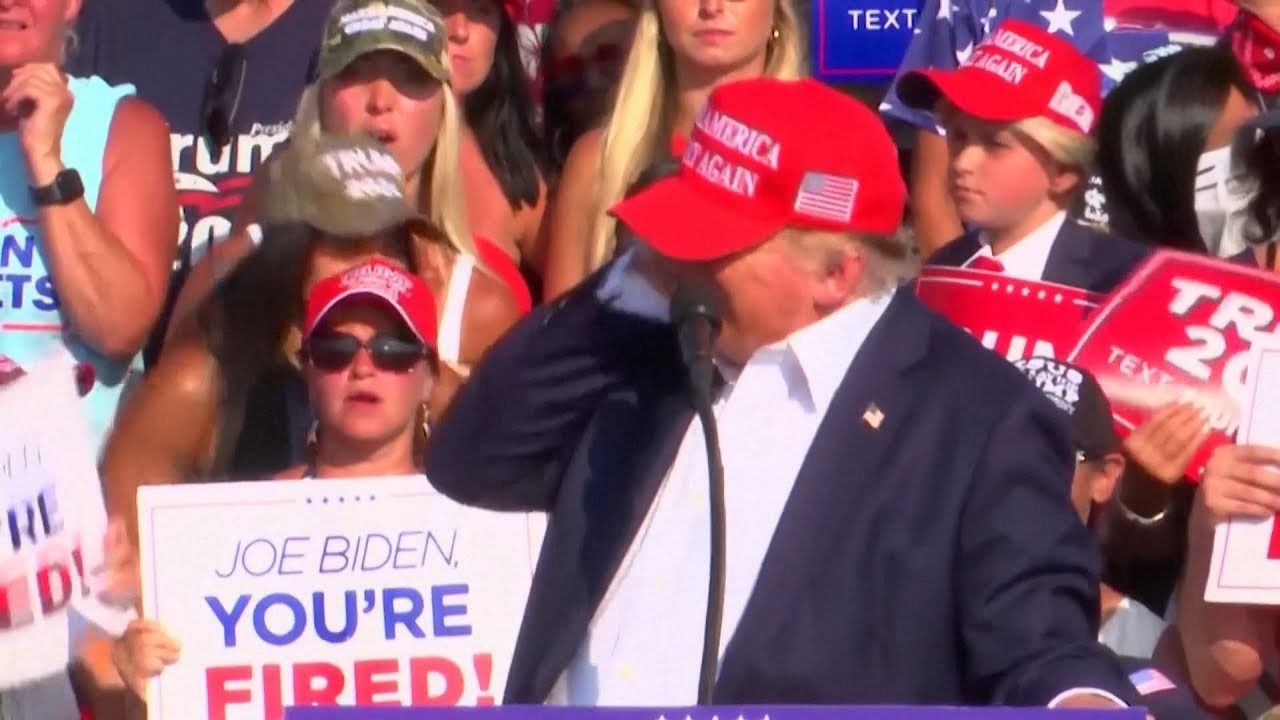In a chilling development surrounding the assassination attempt on President Trump, Republican Congressman Mike Waltz has introduced a new theory that has sent ripples across national security circles. As one of the twelve lawmakers briefed on the classified details of the investigation, Waltz has expressed skepticism over the preliminary conclusions that Thomas Crooks, the 20-year-old assailant, acted independently.
However, Congressman Waltz questions the narrative that Crooks was a lone wolf, highlighting the sophistication of the operation which included explosives and a remote detonator found at the scene. “I don’t know of many 19-year-old kids who could make multiple IEDs with a remote detonator on their own,” Waltz noted, pointing to the gaps in the investigation’s early findings.
The investigation is spearheaded by the FBI, Secret Service, and a bipartisan U.S. House committee, all tasked with unraveling the motive and potential accomplices behind this brazen attack. The discovery of an explosives-laden vehicle and the suggestion of a hastily executed plan have led investigators to believe that Crooks might have had support, either domestic or foreign.
Speculation intensifies with reports of Iran’s alleged involvement in plots against President Trump. These reports gained traction with the arrest of a Pakistani national linked to a separate assassination plot, adding an international dimension to the threat. Waltz’s remarks underscore the ongoing concerns about the extent of foreign interference and its influence on domestic threats against high-profile political figures.
This revelation casts a spotlight on the vulnerabilities in the security apparatus charged with protecting former presidents. Reports of lapses in the Secret Service’s conduct, including unauthorized social media postings and negligence, have raised alarms about the readiness and competence of Trump’s security detail. Calls for reforms and heightened measures have grown louder, emphasizing the imperative to shield former leaders from such existential threats.
Politically, these developments could have far-reaching implications. The potential involvement of foreign actors like Iran in targeting a prominent political figure intensifies the geopolitical stakes and may influence public perception and policy decisions. The narrative of an embattled former president facing global threats could galvanize Trump’s base, adding a dramatic layer to an already contentious political landscape.


Leave a Comment